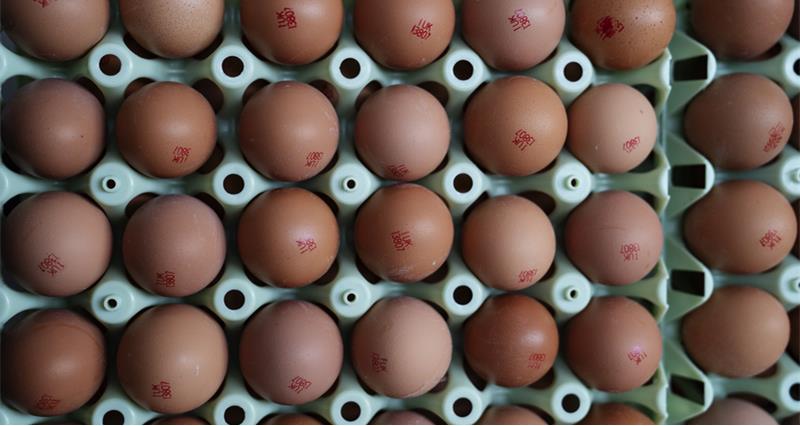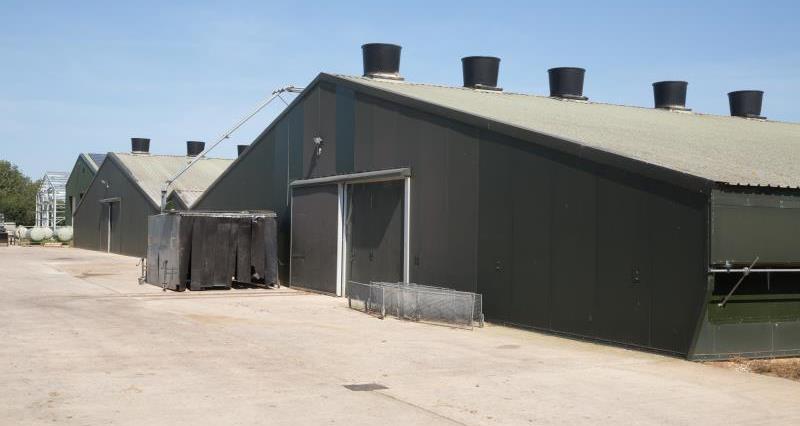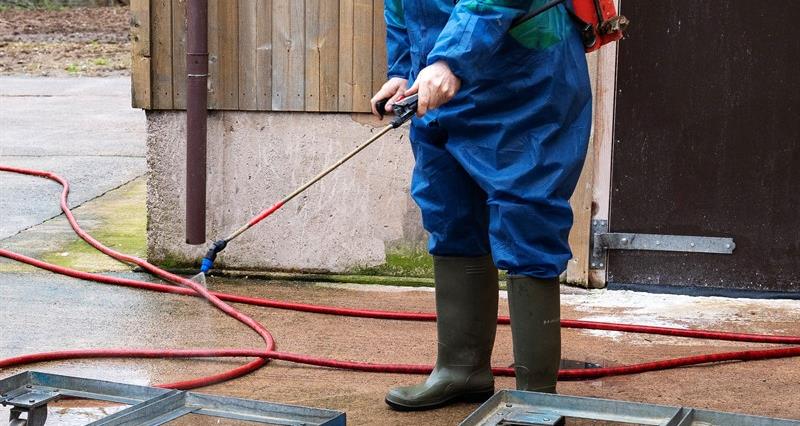The NFU's Poultry Intentions Survey polled members throughout November 2023 on the impact of the past two years on poultry production and farmers’ intentions for the next two years.
It found that almost a quarter (24%) of egg producers and 15% of broiler producers were either unlikely or unsure if they would still be producing poultry beyond November 2025. The main reason cited for this was insufficient returns.
The survey also highlighted some of the key concerns for both sectors, including:
- The risk of AI (avian influenza)
- The lack of fairness in the supply chain
- High energy prices
- Being undercut by imports
“The sector urgently needs support, certainty and fairness applied across the supply chain if it is to remain strong in its production of quality, safe, nutritious and sustainably produced poultry meat and eggs.”
NFU Poultry Board chair James Mottershead
In order to better support the production of high-quality British eggs and poultry meat, the NFU is calling for greater fairness in poultry supply chains, for poultry producers to be included in the Energy Intensive Industries Scheme, and for a long term strategy from government to be set ahead of any future outbreaks of AI.
Support, certainty and fairness needed
“The sector urgently needs support, certainty and fairness applied across the supply chain if it is to remain strong in its production of quality, safe, nutritious and sustainably produced poultry meat and eggs,” said NFU Poultry Board chair James Mottershead, who cited volatile production costs, AI and supply chain unfairness for all putting the sector under strain.
Recently, the NFU responded to Defra’s current supply chain review on the UK egg industry, which hopes to ‘end unfair practices’ in the sector.
The NFU's response submitted as part of the review called for a fairer sharing of risk and reward across the supply chain.
Despite the current low numbers of AI outbreaks across the UK in comparison to 2023, the results of the NFU's latest survey still show that the threat of the disease still continues to impact the sector.
James said the long awaited recommendations from Defra's AI Vaccination Taskforce are vital to ensure that informed decisions can be made to prevent future spread of AI.

Stalling investment
Both the egg and poultry meat sectors are holding back on investing in their businesses, according to the survey.
The work found that a third (31%) of broiler producers had no plans to invest in their business during the next two years, while 29% of laying hen producers had not invested for the past two years and 33% had no plans to invest going forward.
Those that have invested have done so by supporting staff wages, training and improved equipment. Insufficient returns were blamed by the majority of producers as the reason for remaining cautious.
Rising input costs were a problem, with energy prices (46%) and feed prices (28%) being of major concern to poultry producers. Increases in the broiler sector showed feed up 31%, electricity 41%, labour 20% and chicks 13%. In the laying hen sector feed was up 31%, electricity 35%, labour 22% and pullets 23%.
Fewer turkey producers took part in the survey, but their responses seem to suggest that no enterprises are staying the same – they are either growing or getting smaller.
Broiler producers
When comparing production levels to two years ago, 31% of broiler producers now have a lower level of production. The main reason for those decreasing production was reduced stocking density or a change in production system (65%) and insufficient returns (42%).
Some producers have switched production systems to meet the Better Chicken Commitment criteria, or to new standards set by retailers, which have often resulted in lower stocking density.
Over 70% of boiler producer respondents said they had a written and signed contract in place, with the rest either having a written but unsigned contract, a verbal contract or no contract at all.
Layers
In comparison to two years ago, almost a quarter (24%) of producers now have a lower level of production. The main reason for those decreasing production was insufficient returns (76%).
12% of producers surveyed stated they are unlikely to still be producing eggs by November 2025, whilst a further 12% were unsure.
65% of egg producers surveyed said they had a written and signed contract in place. 21% have no contract in place at all.


